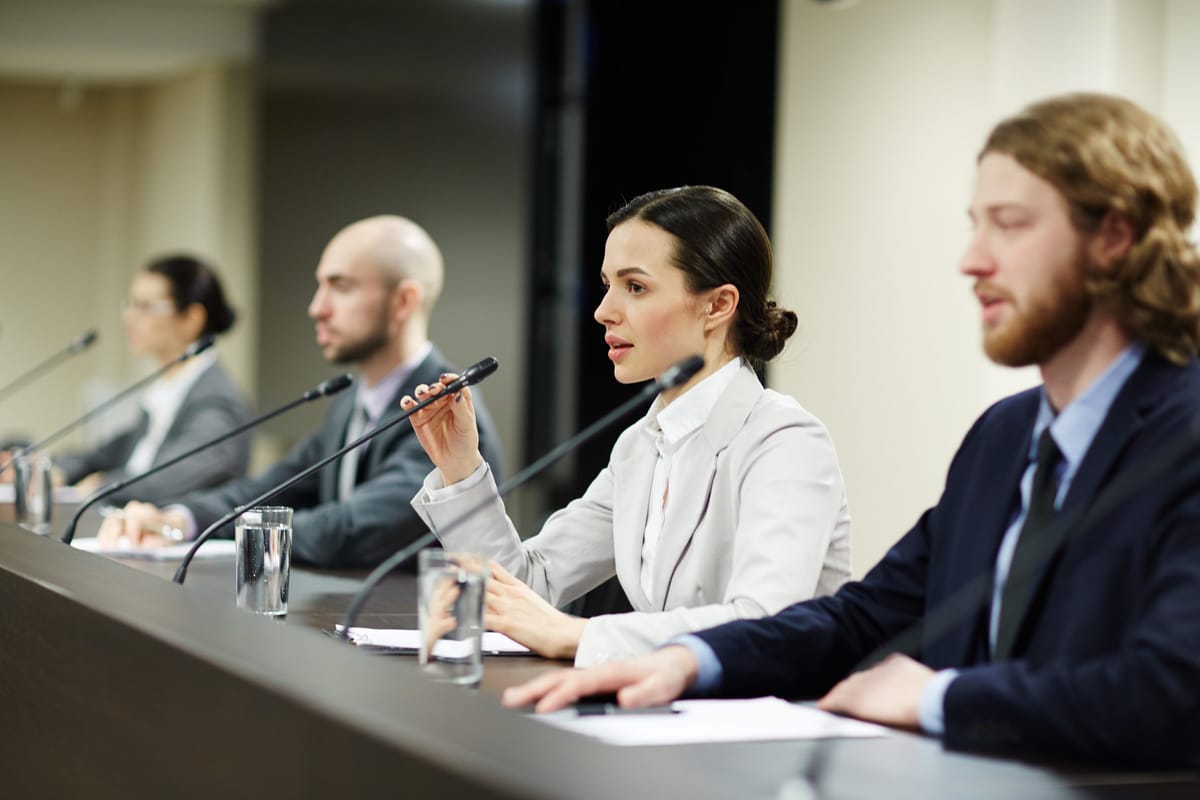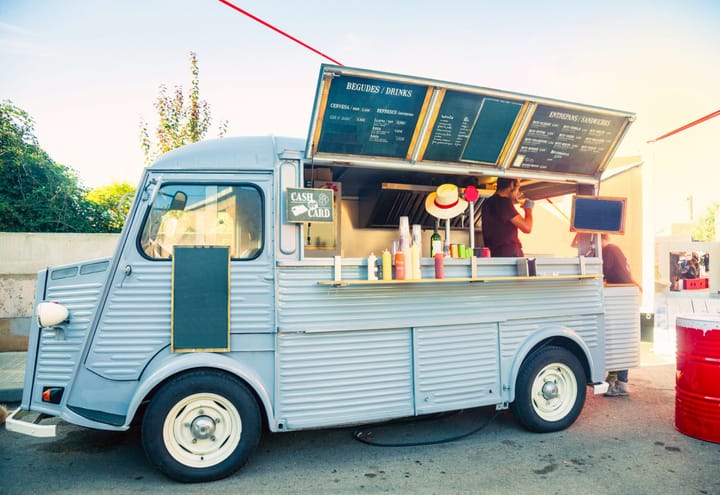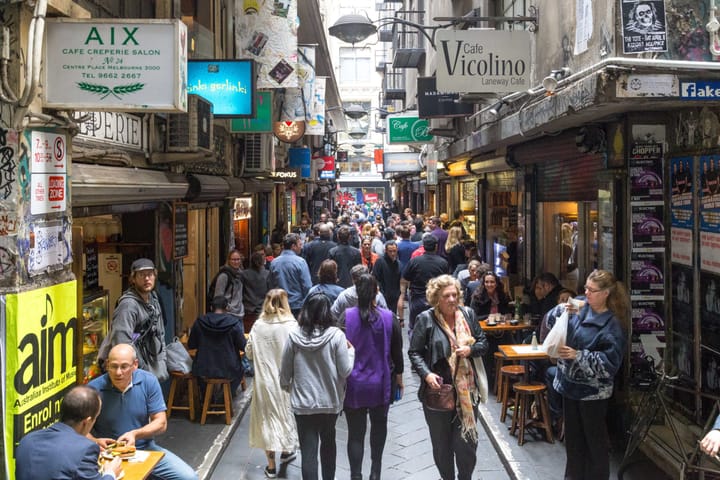How local government councillors can support economic development

This post explores the ways local government councillors can support economic development.
Local governments play an important role in the local economy. While professional staff can guide and advise councils, elected local councillors make the final decisions.
My Place Matters (powered by Publicus) has produced a short guide on how local government councillors can support economic development. You can access the guide here.
The role of local government councillors in economic development
As an elected local government councillor, you play a key role in the development of the local economy. You are a part of the council team, representing the local community and bring important perspectives and skills to council decisions.
Here are some key things you can do as an individual councillor:
- Understand your local economy. Take the time to learn about the economic development priorities, strategies and actors in your area. If your council has an economic development officer or team, make sure they give you regular briefings.
- Get training. Ask council to organise some training for you on economic development. Be prepared to learn from residents and the local business and investor community about their experiences in the local economy.
- Join a professional network. Encourage council to become a member of Economic Development Australia. This will allow you and your fellow councillors to connect with best practices in economic development around the country.
- Demand evidence. As a local councillor, demand to be provided with the data you require to make the right decisions. Ask questions and demand to know what the impact of council’s decisions–all decisions–will be on the local economy and community at large. Ask for regular updates on how council’s programs and services affect the local economy–its businesses, workers and residents.
- Encourage competition. It is easy to fall into the trap of protecting local business from new or outside competition. Remember, more competition in your local economy will improve the ability of local businesses to compete and grow. Don’t be afraid of competition. Help local businesses and workers to become more competitive and successful in local and external markets.
- Promote diversity. While economic development is often based on increasing specialisation, it is also important to encourage economic and social diversity. A socially diverse local economy is one where women, young people and people from all ethnic and cultural backgrounds are able to participate. An economically diverse economy contains a mix of industry sectors and businesses in different stages of growth. A diverse economy is not reliant on one market or industry, it contains local businesses competing in different markets.
More details are provided in the guide for local government councillors on how to act in ways that develop the local economy.
Characteristics of a good local government councillor
There are many ways local government councillors can act to contribute to a more vibrant and sustainable local economy.
Local politics can strengthen or weaken the local economy, so make sure you are using your position on council for positive change.
- Consult with purpose. Engage with all local actors and stakeholders and give consideration to all views. Actively listen to feedback, whether positive or negative, from local residents and businesspeople. While not everyone will be happy with all council proposals, ensure everyone knows their opinions are being heard and taken into consideration. Take extra care to make sure you’re not leaving anyone out, especially those from social groups that can often be excluded.
- Long-term goals, short-term pragmatism. Your council’s policies and strategies set a long-term approach to creating a better, more dynamic economy. Stay the course and commit to the long-term, but don’t overlook the immediate practical problems investors, businesspeople, workers, and residents face.Work with local actors to identify these problems and find pragmatic solutions.
- Connect people. As an elected representative you can convene groups of residents and businesspeople at local meetings, public hearings and site visits to make sure everyone has access to the same data and information about economic development projects. Help bring people together to find a shared response to common local problems and challenges.
- Look for synergies. Ask council executives about how the council is joining-up its policies and programs to create better synergies. Consider ways to improve the integration of planning, parking, communications, and community services for better economic outcomes.
- Be high-touch. Wherever possible, look for ways to improve council’s engagement with the community and its economic actors. Focus on the human-side to the economy (jobs, services and quality of life) and provide opportunities for locals to share these experiences.
- Focus on what you have (not what you don’t have). Identify and build on your local assets. These are your building blocks to success. While there are always problems to address and gaps to fill, your best starting point is with the resources you already have: your current businesses and investors, your residents, your natural resources, your environment… You have much more than you know. Take the time to identify these and expand on them.
- Recognise and reward success. Constantly look for local success stories: people who are taking initiatives, businesses that are growing, new developments, and collective actions. Praise these efforts. Create council events that publicly celebrate them.
- Be open to change. Economic development is a continuous process. Make sure you are open to change and push your fellow councillors to think about what they can do different, better, smarter. Your council’s policies, plans and programs need to be state-of-the-art, responsive to national and global forces, while accountable to residents, businesses and investors.
- Strive to be the best. Never stop looking for ways to make your area the best place in Australia to live, work, invest, and play. Regardless of the size of your area, you can become the most dynamic local economy in the country.
- Consider multiple options. When making a decision as council, make sure you consider at least three options: business as usual (i.e., doing nothing at all), the proposed option (i.e., what the executive is recommending) and an alternative option (i.e., another way of solving the problem). Considering three options helps you to weigh the costs and benefits of council action. Doing this before you make a decision can improve your decisions and reduce possible negative effects on the local economy.
- Be a champion for your area. Be prepared to talk-up your place; have your ‘elevator speech’ prepared for those times when you need to quickly sum up what’s so good about your area and its economy.
- Be an ambassador. You love your area, so make sure you share this love with others. You can be a cheerleader for your community on national and international stages. Wherever possible, represent your community and talk-up your economy and its investment opportunities. Connect people to local opportunities and be prepared to report back to your community about what you’ve done.
- Get on social media. Don’t be afraid to use your social media accounts to talk about your local economy and its opportunities. Make sure council’s social media accounts are connected to yours and share in harmony.
As a councillor, you occupy a privileged position in your community and have an impact on the wellbeing of the local economy. You shape council decisions that affect the lives and livelihoods of many people.
It is important you work with your fellow councillors and council staff to create new and better economic opportunities for all.
You can’t do this alone, but you can contribute to local council leadership in a meaningful and strategic way.


